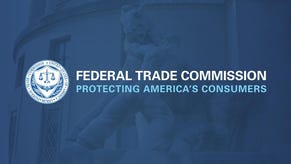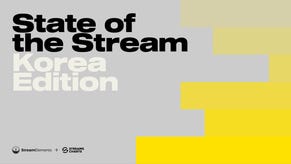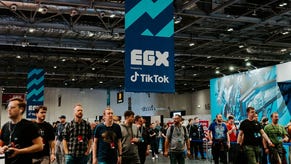ESRB promises heavy fines for publisher nondisclosure
The Entertainment Software Ratings Board has stated that nondisclosure of game content could soon result in fines of up to USD 1m for publishers, defending its position before a subcommittee at Capital Hill.
The Entertainment Software Ratings Board has stated that nondisclosure of game content could soon result in fines of up to USD 1m for publishers, defending its position before a subcommittee at Capitol Hill.
Amidst repeated legislative efforts to control the sale and rental of videogames in the US, the industry's self-regulatory system has come under heavy fire, particularly in light of the GTA: San Andreas Hot Coffee incident and the more recent re-rating of Bethesda's Elder Scrolls IV: Oblivion from Mature to Adults Only.
Speaking to the assembled subcommittee on commerce, trade and consumer protection, ESRB president Patricia Vance stated: "After a game ships, if disclosure is found to have been incomplete, recent enhancements to the ESRB enforcement system will soon allow for the imposition of fines up to USD 1 million." She added that the potential fines combined with the enormous costs of recalling a re-rated product would be "a tremendous disincentive for any publisher to even consider not disclosing all pertinent content."
Whilst the new measures may be a step in the right direction, it could be argued that issuing fines and potentially re-rating games once a title has already been shipped is too little too late.
The true source of the problem appears to lie more in the ESRB's initial ratings procedure and its reliance on publisher's documentation rather than actually playing games through completely before issuing an age rating.
Vance pointed out that the length of modern games makes it extremely difficult, if not impossible, to experience every game completely, but the organisation has been heavily criticised for not doing enough to ensure game content is fully appraised and rated accordingly prior to its initial retail release.
The Federal Trade Commission has also come under fire for an apparently soft ruling following its investigation of Take-Two's infamous Hot Coffee scandal. The publisher escaped without any civil penalties despite being found guilty of "deceiving consumers."
Defending its ruling, the FTC's Lydia Parnes reminded the committee of Take-Two's USD 25 million costs for recalling and re-labelling the GTA game, adding: "The fact is simply that the Commission does not have the statutory authority to impose civil penalties for Rockstar's conduct. Despite that, we have obtained a strong order in this case. It prohibits any future misrepresentation for videogame ratings, requires the filing of compliance reports and subjects the company to the risks of very substantial civil penalties if they violate this order."







